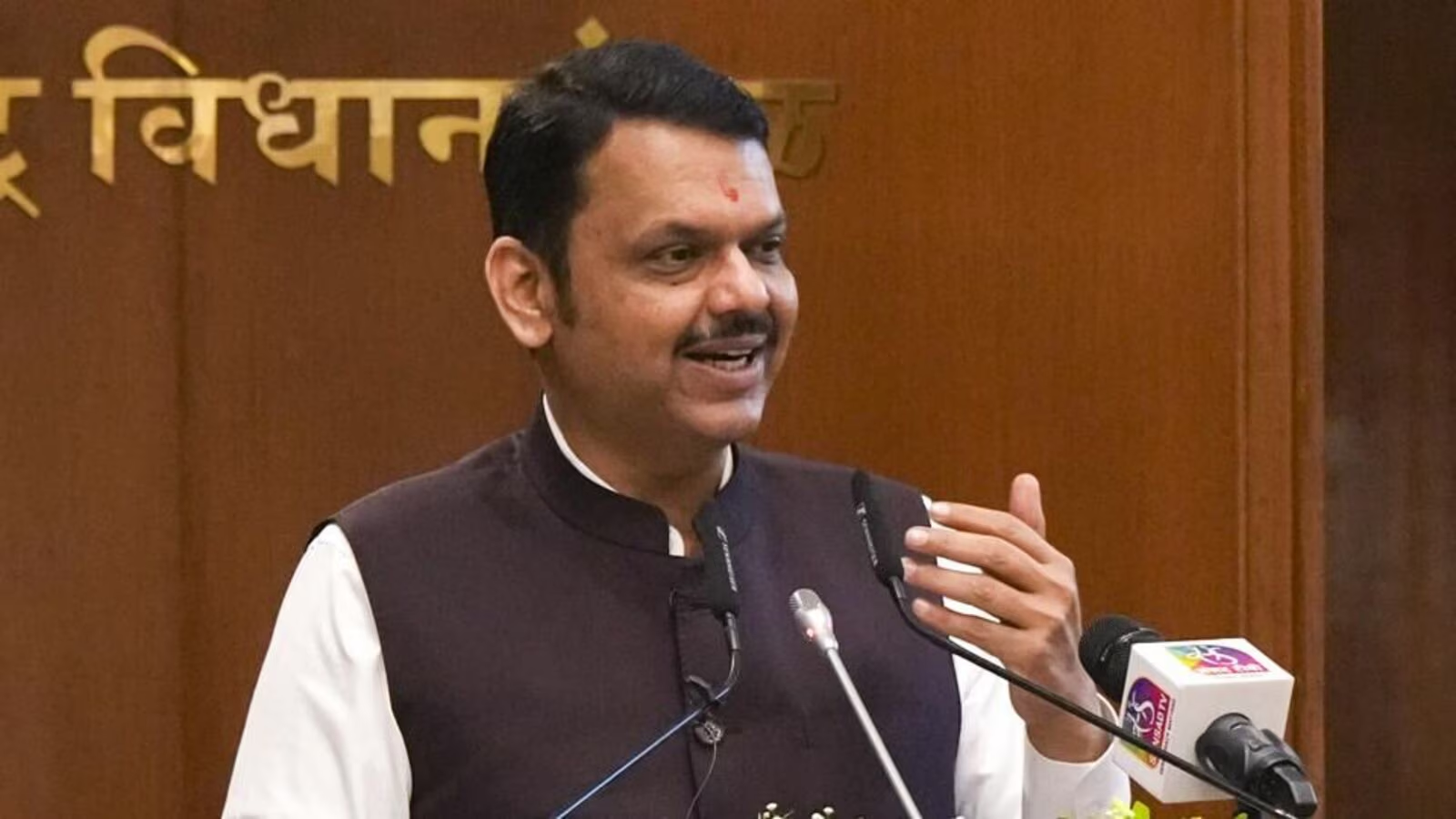Now Reading: Fadnavis Government Takes U-Turn on Maharashtra’s Three-Language Policy, Athawale Reacts
-
01
Fadnavis Government Takes U-Turn on Maharashtra’s Three-Language Policy, Athawale Reacts
Fadnavis Government Takes U-Turn on Maharashtra’s Three-Language Policy, Athawale Reacts

Union Minister Ramdas Athawale has weighed in on Maharashtra’s now-scrapped three-language policy, stating that the state government “hit a sixer and cancelled the decision.” His remarks follow Deputy CM Devendra Fadnavis’s announcement to withdraw the earlier plan, which had proposed the inclusion of three languages, including a compulsory regional language, in school education. The decision has sparked debate over language politics and educational flexibility.
What Was the Three-Language Policy?
The proposed policy aimed to make Marathi, English, and Hindi compulsory in schools across the state, including those affiliated with national and international boards like CBSE and ICSE. While the idea was to promote regional language learning, it faced backlash from several quarters — including minority groups, educators, and parents — who saw it as restrictive.
The government initially backed the policy but reversed its decision following rising concerns about practicality and inclusivity.
Athawale’s Take on the Reversal
Ramdas Athawale, known for his candid remarks, called the state’s policy reversal a wise move. According to him, enforcing regional languages should not come at the cost of educational choice. He said that while promoting Marathi is important, compulsion is not the way forward.
His comments reflect the broader sentiment that language learning should be encouraged, not enforced — especially in a diverse state like Maharashtra where communities speak different tongues.
Response from Tier 2 Cities
In Tier 2 cities like Nashik, Nagpur, and Aurangabad, where multilingual households are common and students often study in English-medium institutions, the policy had raised practical concerns. Parents feared added pressure on students, while school administrators worried about curriculum changes and teacher availability.
Many welcomed the government’s decision to roll back the mandate, seeing it as a step toward balancing cultural preservation with academic flexibility.
Language Politics and Education
This incident is the latest in a series of state-level debates over language policy in India. As states attempt to promote their official languages, questions arise about the role of choice, inclusivity, and future-readiness in education.
Experts believe that while mother tongue education has cognitive and cultural benefits, imposing it across the board may conflict with global and national career aspirations, especially in urban and semi-urban areas.
Conclusion
The Maharashtra government’s reversal of the three-language policy shows a shift towards a more balanced approach in education policymaking. By listening to public feedback and reconsidering rigid mandates, the administration has opened the door for more nuanced and inclusive education reforms. For families in smaller cities, where education is both a cultural and aspirational pursuit, this move offers some relief — and a reminder that good governance is about adapting, not just announcing.

























